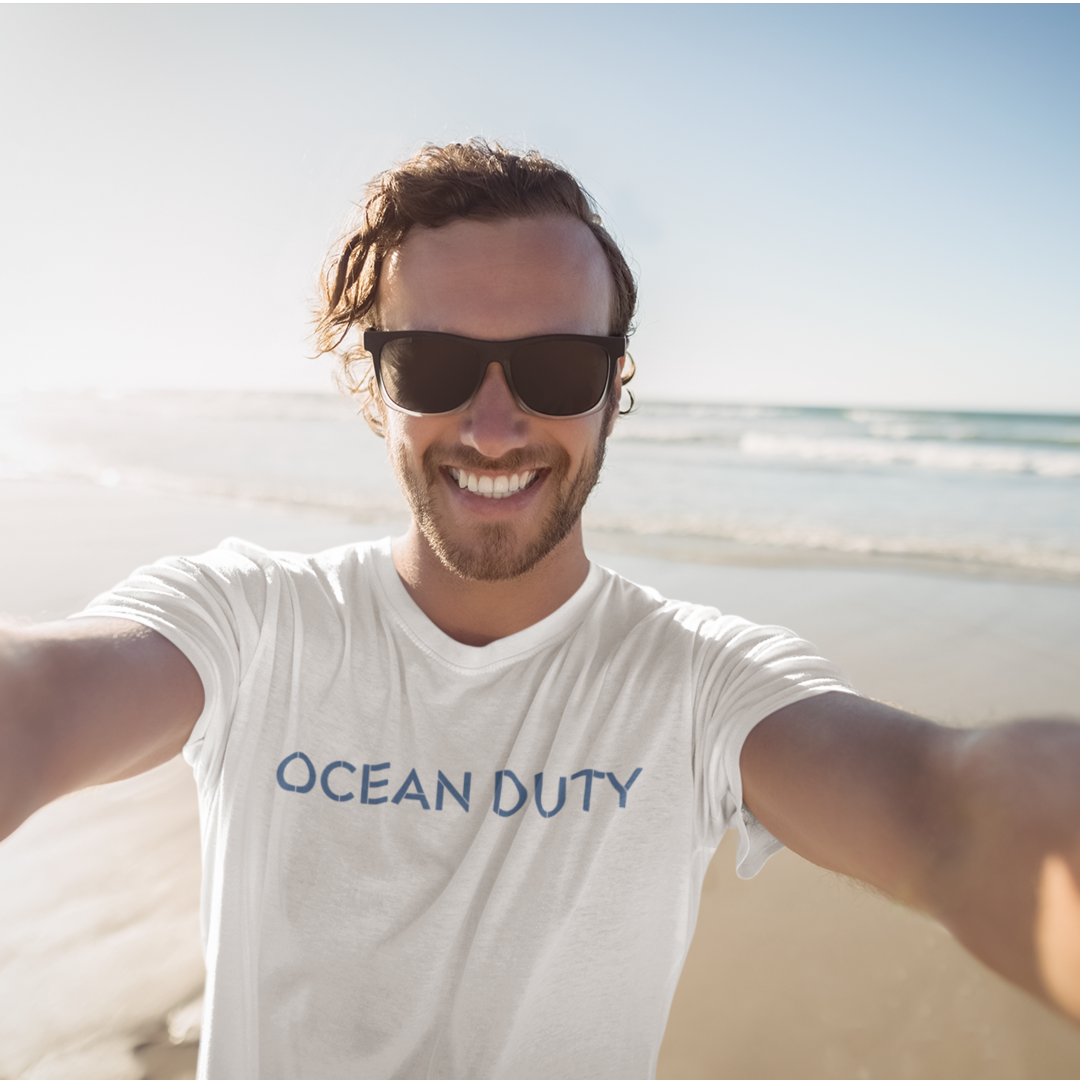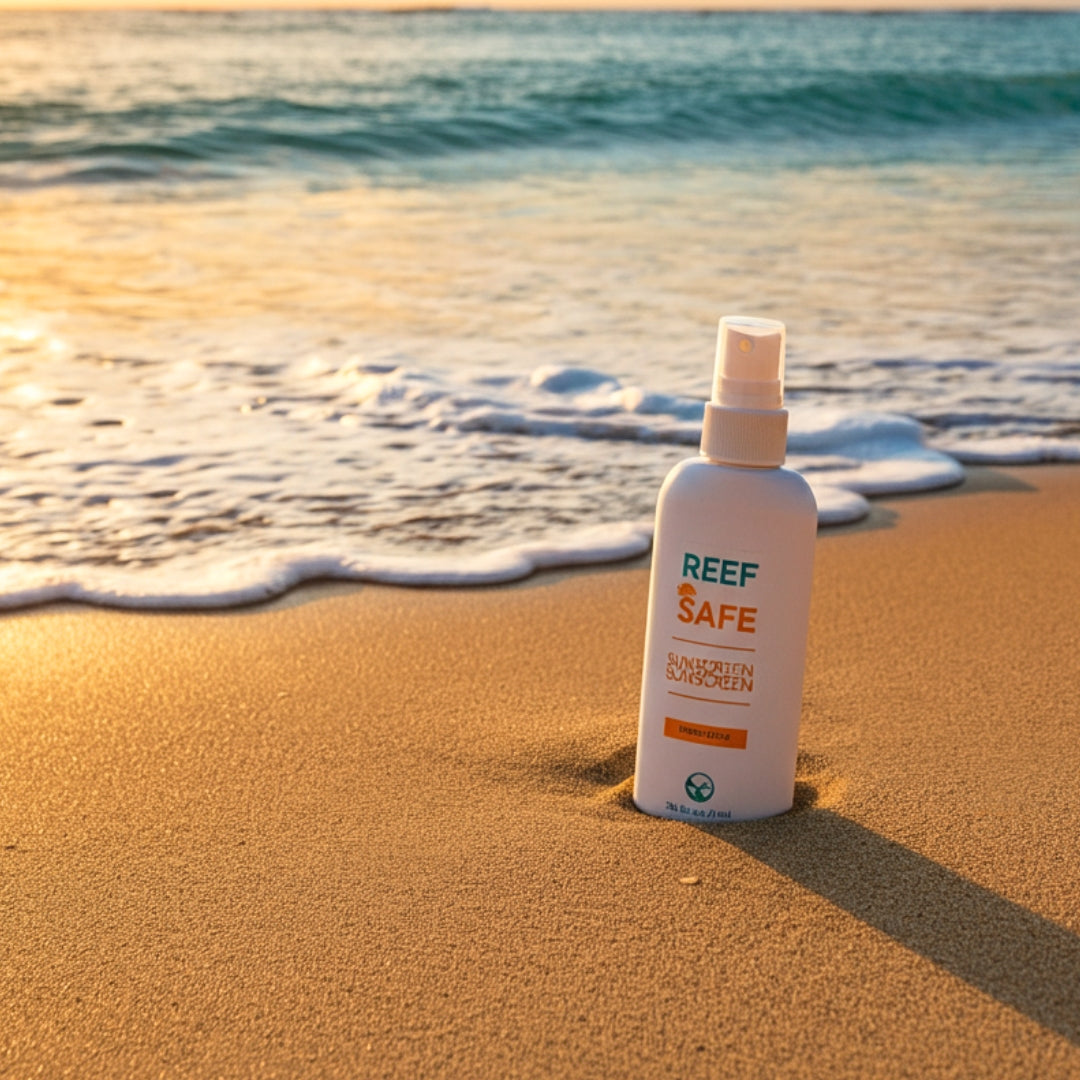The Unseen Depths: Ocean Conservation and Our Role In It

In the grand scale of our blue planet, the ocean is a vital player. It covers over 70% of the Earth's surface, regulating our climate and housing a vast array of biodiversity. Yet, beneath its glittering surface, our oceans are facing a crisis largely driven by human activities. From the coastal dweller to the landlocked citizen, our daily habits have a far-reaching impact on the health of our oceans. This blog aims to shed light on the pressing issues of ocean conservation and how we, as individuals, contribute to and can help solve this problem.
Understanding the Ocean's Plight
Before we delve into our role in ocean conservation, it's crucial to grasp the extent of the ocean's predicament. The threats are manifold, ranging from pollution and overfishing to climate change and habitat destruction.
Unseen to the naked eye, millions of tons of plastic waste enter our oceans every year, posing a significant threat to marine life. Overfishing depletes fish populations faster than they can reproduce, destabilizing the marine ecosystem. Climate change, driven by excessive carbon emissions, leads to ocean warming and acidification, threatening the survival of coral reefs and many marine species. Meanwhile, coastal development often results in the destruction of critical marine habitats.
Our Daily Habits: The Invisible Impact
It's easy to think that if you live far from the coast, your actions won't impact the ocean. However, this is a common misconception. Our daily activities - what we buy, eat, and throw away - can all contribute to the problem, regardless of where we live.
Take plastic use, for instance. Every piece of plastic we use, especially single-use ones like bags, bottles, and straws, may end up in the ocean if not properly disposed of. Our seafood choices can also have an impact. By choosing seafood that is caught or farmed in ways that harm the environment, we indirectly support harmful fishing practices.
Turning the Tide: Steps Towards Ocean Conservation
Despite the grim reality, there's good news: we have the power to turn the tide. By making conscious choices, we can significantly reduce our impact on the oceans and contribute to their conservation.
Firstly, we can minimize our plastic consumption by opting for reusable items. By reducing, reusing, and recycling, we can cut down on the amount of plastic waste that ends up in our oceans.
Secondly, we can make sustainable seafood choices. Look out for certifications like the Marine Stewardship Council (MSC) and Aquaculture Stewardship Council (ASC), which ensure that the seafood you buy is sustainably sourced.
Lastly, we can support organizations that work towards ocean conservation. This can be in the form of donations, volunteering, or even simply spreading awareness about the cause.
Conclusion: Our Ocean, Our Responsibility
It's easy to feel like our individual efforts won't make a difference. But remember, collective action starts with individual responsibility. Our oceans are facing a crisis, and we have a critical role to play in their conservation.
The time to act is now. Let's treat every day as World Oceans Day, making mindful choices that protect and preserve our blue planet. After all, our lives and the lives of future generations depend on it.
Remember, the ocean's health is our health. Let's safeguard it for a sustainable and prosperous future.
⎹ Our Ocean, Our Responsibility





Leave a comment